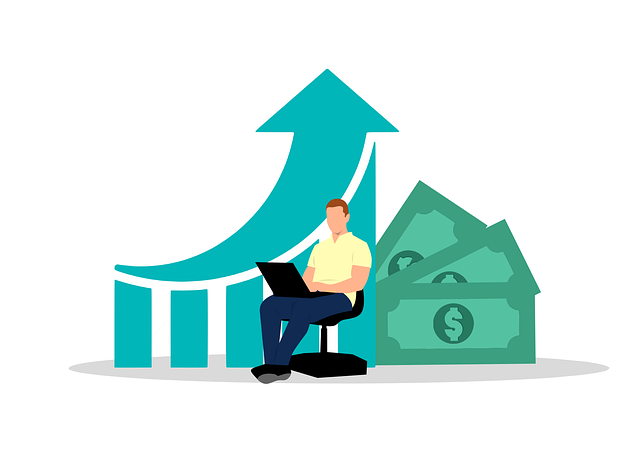WHAT IS ECONOMICS?
Trying to define economics is difficult because no one can agree on a single definition. Throughout history, famous economists, from Adam Smith, one of the first to study economics, to modern thinkers, have given their own ideas about what economics is all about. Adam Smith, who is known as the "father of economics," saw it as the study of how and why a country gets rich. Alfred Marshall, a famous economist of the 20th century, said that economics is the study of how people act in everyday life, especially when it comes to getting and using things that are necessary for their well-being. Robbins, another pioneer economist, gave a more precise definition. He said that economics is the scientific study of how people decide how to use limited resources to achieve different objectives. P.A. Samuelson added to the conversation by saying that economics is the study of how people and society decide to use limited resources to make things and services and distribute them to different people and groups. There are various definitions of "economics" in the literature, but none of them are universal. Having said that, having a general idea of what economics is can help you understand its smaller parts, like microeconomics.
Economics as a Social Science
As a social science, economics looks into how people spend their money and the problems they face in society. At its root, economic behaviour is about economising, which means that people try to get the most out of the limited resources they have, like time, money, labour, and space. The basic study of how people divide their limited resources among competing needs to make goods and services, in order to meet their endless wants and get the most benefits, comes from this desire to maximise gains. To put it more simply, economics is the study of how people and groups use their resources in the best way possible.The reasons for this behaviour of saving money come from some basic economic facts about existence. To begin, people's wants and desires are unlimited and are always growing as their living standards, comfort, and knowledge improve. Second, the means that can be used to meet these needs are limited and insufficient. These resources include natural resources like land, human resources like labour and skills, man-made resources like technology and tools, and the drive to be an entrepreneur that makes resource use possible. There is also an economic value for time and knowledge. But there are only so many of these resources that are available. This is called resource deficit, and it forms the centre of many economic problems.
People always have to make choices because their natural tendency is to get the most out of things. This is necessary because we know that not all wants are equally important or pressing, and resources can be used in different ways that give different results. So, people need to think about the pros and cons of each choice in order to make the best choice. As a social science, economics looks at how people and groups make these decisions so they can reach their economic goals, provide goods and services that people want, and use resources effectively. Economics sheds light on the complicated ways people make choices about how to distribute resources by looking at different options and trying to find the best ones.
Economics doesn't have a clear, agreed upon definition. This lack of clarity comes from the fact that the field has changed over time, growing in size, scope, and difficulty since Adam Smith founded it. The lines between different areas of economics are still indistinct and hard to define. Some economists say that the field of economics is still very young and has a lot of uncharted territory to find. According to Charles Schultz, "Economics is still a very young science, and many problems in it are almost untouched." In the same way, Zeuthen said that economics is an "unfinished science." Milton Friedman, a Nobel laureate in economics, stressed how important economics is for understanding how people act and make choices when resources are limited. He quotes, "The existence of scarcity is the starting point for economics."
Another Nobel Prize winner, Friedrich Hayek, talked about how prices and decentralised decision-making help keep all the different people in an economy working together. He said that the market process itself is a discovery process that is always changing based on new information and tastes. In the same way, John Maynard Keynes stressed how important aggregate demand and government policies are in shaping economic results, especially when the economy is unstable. Despite this, economics is proud to be the oldest and most fully formed of the social sciences, even though it is still growing. Its continued growth in both scope and intellectual depth shows how important and relevant it will always be.
In short, economics looks at how people save money and what happens as a result. It also finds the links between different economic events and gives us the tools to understand them better. Finally, it predicts how economic decisions will turn out. Because it uses a methodical and organised technique, economics deserves to be called a social science. The fields of economics are always changing and growing, but they will always be one of the oldest and most developed social sciences, with fields that are always getting deeper and broader.


.jpeg)
0 Comments
If this article has helped you, please leave a comment.